Blog

Environmental Sustainability
Organic farming offers various benefits, one of being its focus on environmental sustainability. In contrast to conventional farming, which mostly uses artificial fertilizers, herbicides, and pesticides Organic farming makes utilizes alternative substances to boost and maintain the health of the soil and ecosystems. Crop rotation and intercropping methods are given priority by organic farmers in order to reduce soil erosion while promoting nutrient cycling.
To combat unsafe pests, they use natural ways like introducing beneficial insects and birds, that reduces the need for harmful insecticides.
The use of organic fertilizers, such as compost and animal dung, which feed the soil and enhance it with essential nutrients and microorganisms is a priority in organic farming.
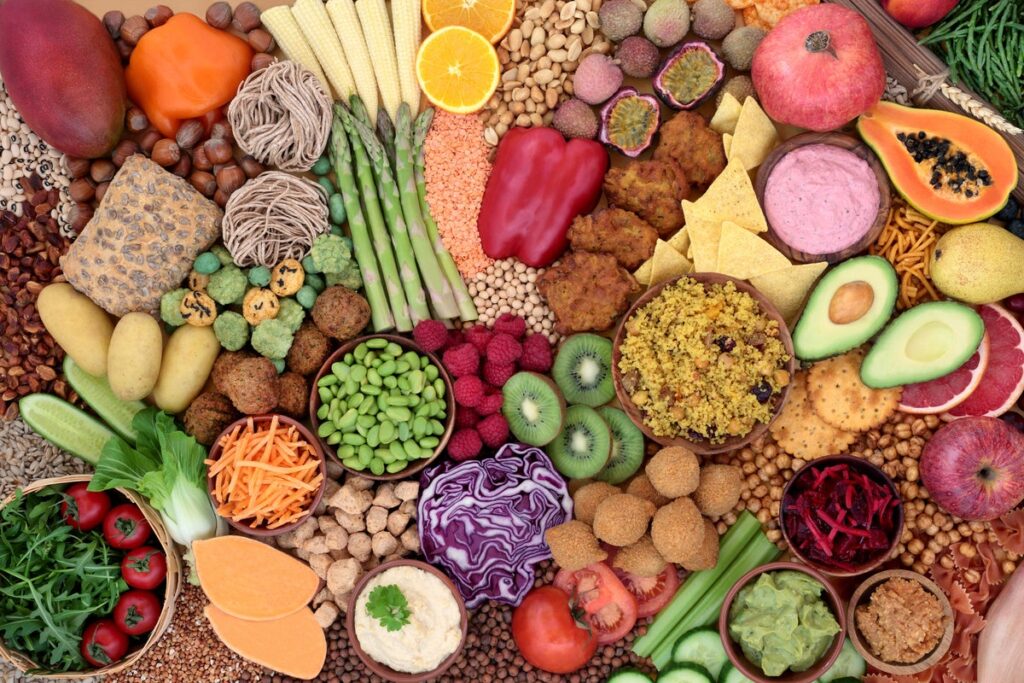
Healthier Food Choices
Creating safer and healthier food is an effective case in favor of organic farming. Organic products are free of synthetic pesticides or genetically modified organisms (GMOs), which are commonly used in conventional farming. As a result, you won’t have to be concerned about the dangerous residues that are frequently linked to chemically treated crops, and you may be able to take advantage of the delicious tastes and health advantages of fresh fruits, vegetables, grains, and oils. Organic fruits and vegetables are rich in essential vitamins, minerals, and antioxidants that enhance general health and wellness. Because organic produce doesn’t contain any chemicals, it’s safe to eat, which is especially beneficial for those with weakened immune systems.

Financial Sustainability
Farmers may discover that farming organically is a profitable option, despite common belief. The initial costs of implementing new farming practices and getting organic certifications may be outweighed by the long-term benefits of shifting to organic farming. Organic farming creates niche markets; therefore, as the market for organic products grows, so do prices. Organic farmers can reduce input costs and the need for expensive synthetic fertilizers by producing their own organic fertilizers through animal husbandry or composting. Farmers can create strong, fertile soil using organic farming methods, which in turn reduces their dependence on costly external inputs. By using the economic potential of organic farming, farmers may guarantee their own prosperity while simultaneously encouraging a more sustainable future.
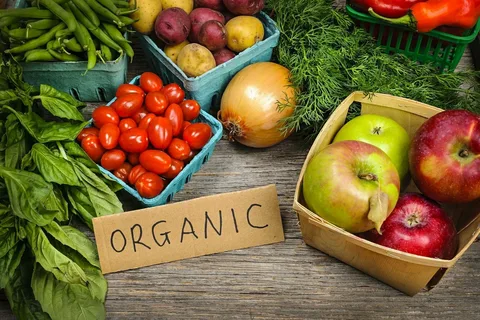
The Rise of Organic Consumers
In India, there has been a significant rise in the demand, particularly in urban areas, for organic food. This trend has accelerated because of the consumer awareness of food quality and health issues raised by the COVID-19 pandemic. The demand for natural and organic products is mainly driven by young people, who are searching for healthier alternatives for conventional produce.
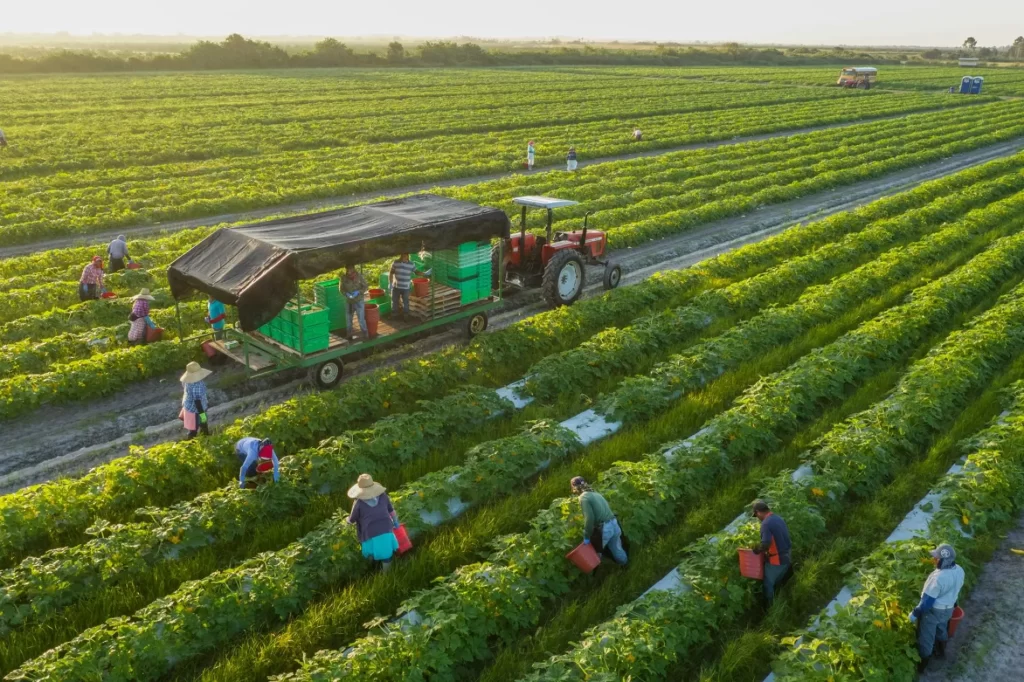
Organic Farming Methods
Organic farming methods prioritize the health of the soil, plants, animals, and people involved in the process. Compost, crop rotation, and biological methods for controlling pests are examples of natural alternatives that organic farmers use in place of synthetic fertilizers and pesticides. These techniques reduce the adverse effects of agriculture on the environment, promote biodiversity, and maintain the fertility of the soil.

India's Rich History of Organic Farming
India’s organic farming heritage has a solid foundation in tradition farming methods. Many rural farmers have been practising organic farming for many generations, using traditional methods that place significant emphasis on the environment and sustainability. The growth of organic farming in India is supported by this organic tradition.
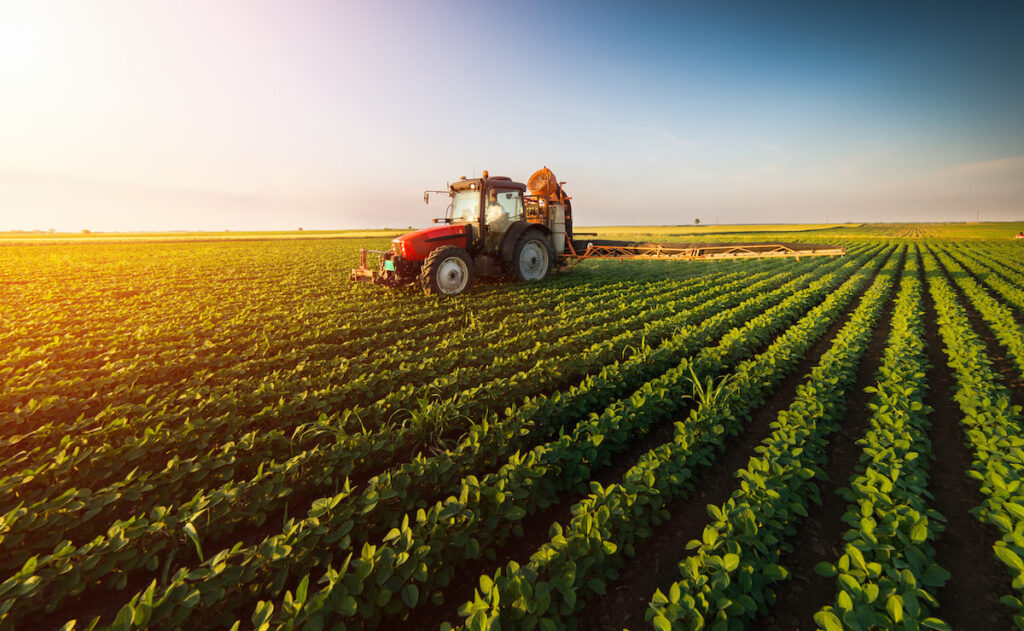
Agro-economy and Organic Farming
Organic farming improves India’s agro-economy in addition being beneficial to the environment and consumer health. Farmers who practise organic farming have access to more distribution channels, such as farmer’s markets, organic food stores, and online platforms, as the demand for organic produce increases. Farmers now have more options for earning money, thereby improving their sense of security.

Direct Distribution Channels
Getting organic produce straight from the farm to consumers and retailers is one of the most significant components of its journey. Organic farmers are able to ensure the freshness and quality of their produce by doing away with middlemen. In addition to providing farmers with fair prices for their goods, direct distribution builds a relationship between consumers and producers that promotes trust and openness.
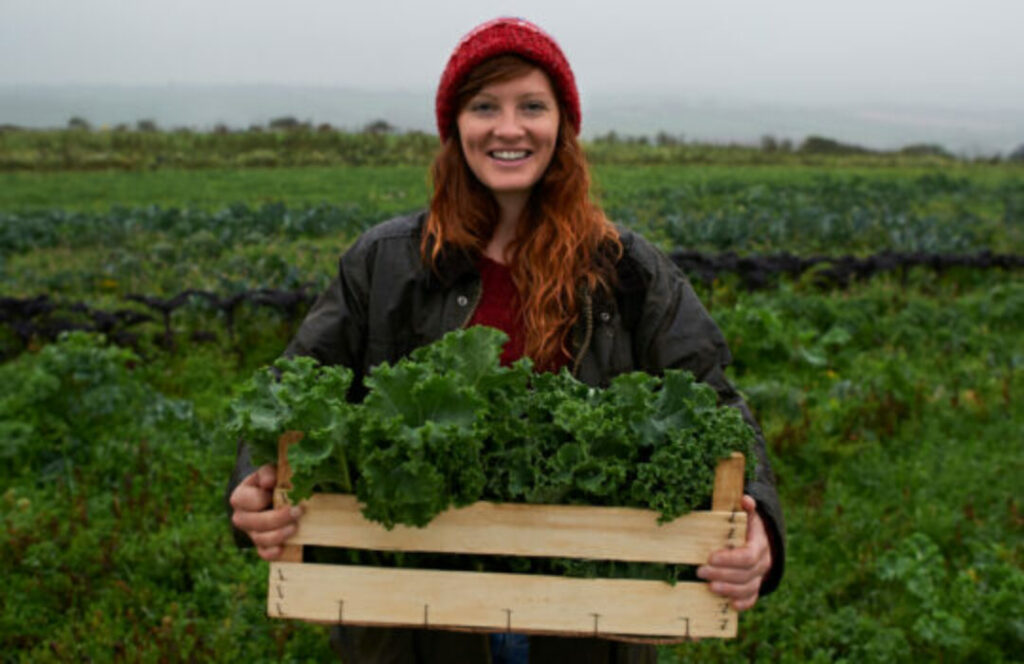
Conclusion
The health of farmers, consumers, and the environment are given top priority in India’s organic produce journey. The fundamentals of organic farming emphasize long-term solutions that promote biodiversity, soil fertility, and overall sustainability. Organic farming in India has experienced an important increase in growth due to the increasing number of organic consumers, as well as government initiatives and support. Fresh, healthy, and pesticide-free food are made accessible to consumers along the entire supply chain as the demand for organic produce keeps rising. A sustainable approach to a healthier future, organic farming goes beyond simple eating habits.
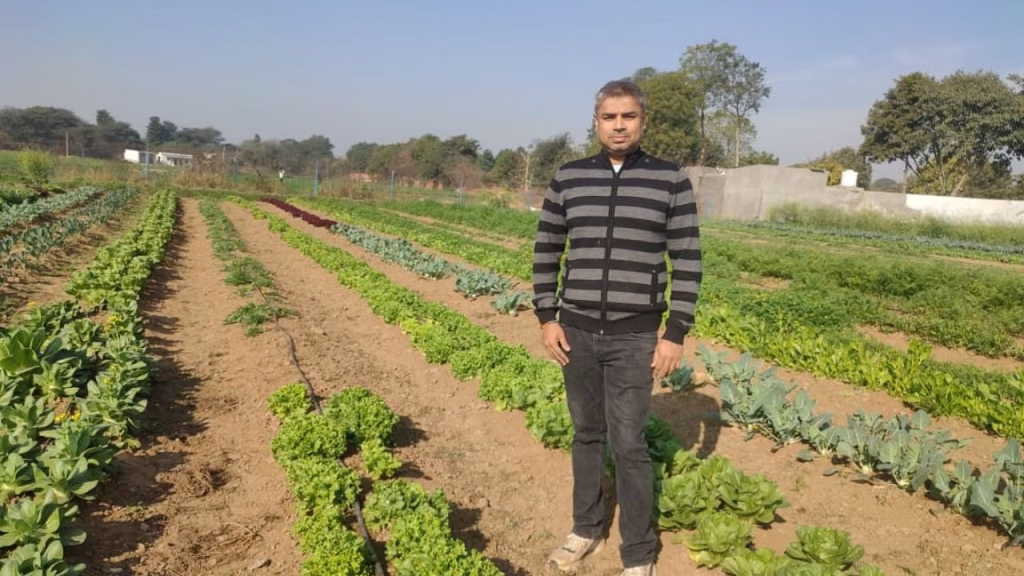
Success Story: लाखों का पैकेज छोड़ अक्षय ने शुरू की सब्जियों की जैविक खेती, अब कमा रहे शानदार मुनाफा!
Success Story of Gurgaon Organic Farmer Akshay Rao: 2016 में आईटी कंपनी में मिलने वाले लाखों के पैकेज को छोड़कर हरियाणा के गुरुग्राम जिले में रहने वाले प्रगतिशील जैविक किसान अक्षय राव ने जैविक खेती की शुरुआत की. वर्तमान समय में सीजनल सब्जियों की जैविक खेती करके वह लाखों का मुनाफा कमा रहे हैं.
